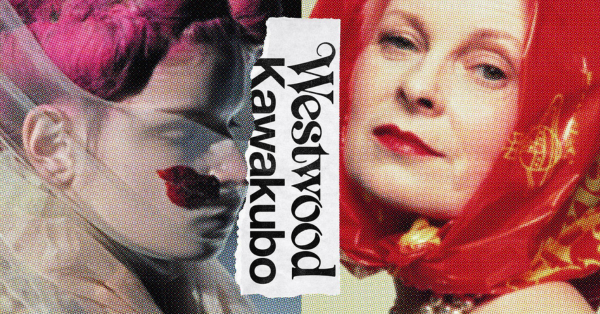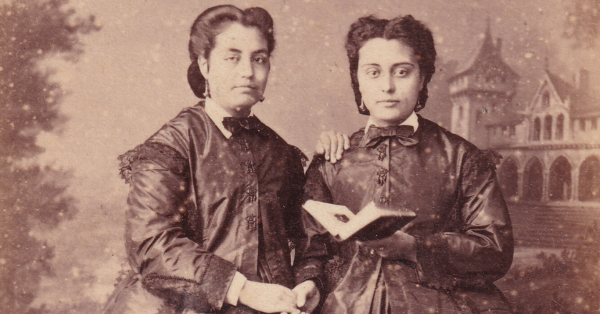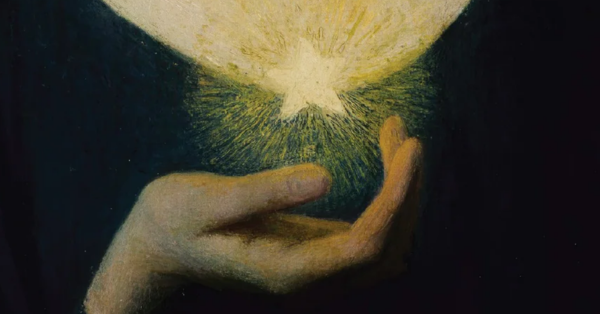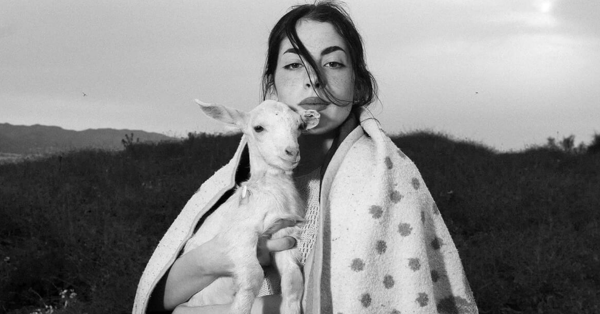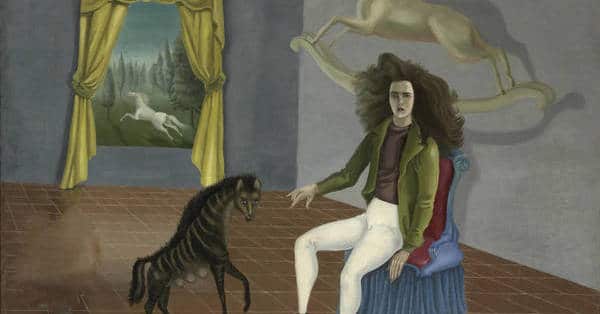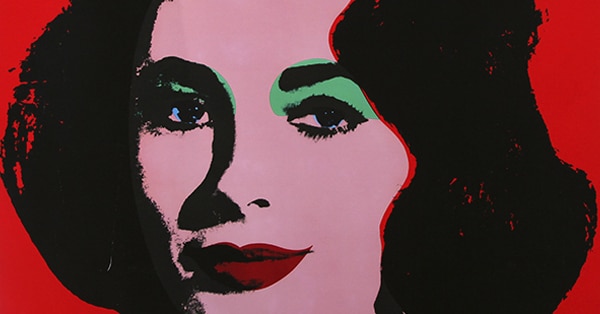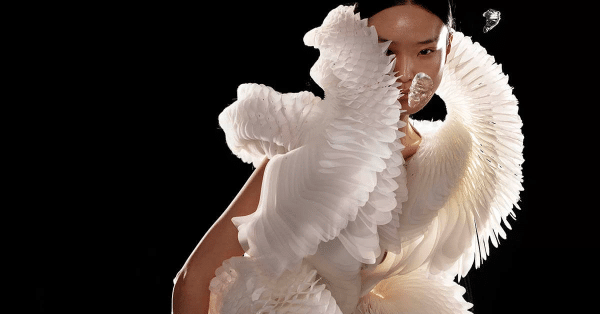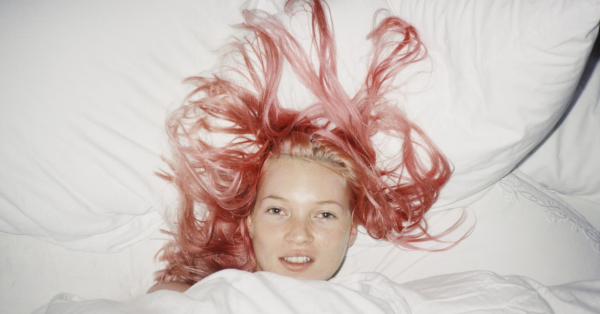While fashion celebrated speed and exposure, she chose pause. Among old seams and reclaimed materials, Marina Yee turned repair into her language. She worked from silence, faithful to a vision that now, after her passing, reveals itself as one of the most honest and forward-thinking of her time.
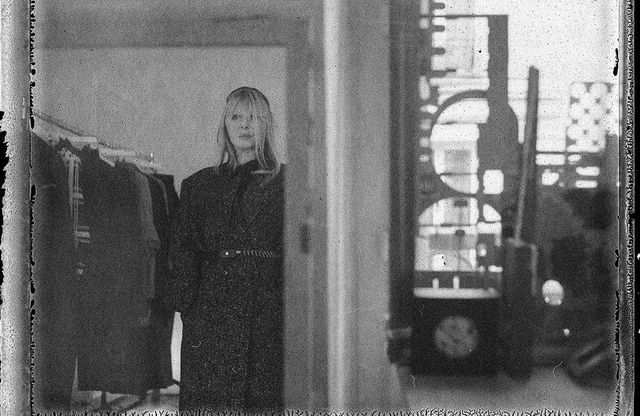
To speak of Marina Yee is to speak of a discreet, almost invisible presence — yet one deeply influential. She was part of the Antwerp Six, that group of Belgian designers who, in the early eighties, rewrote European fashion. Alongside Dries Van Noten, Ann Demeulemeester, Walter Van Beirendonck, Dirk Bikkembergs, Dirk Van Saene, and Katrin Witz, Yee graduated from the Royal Academy of Fine Arts in Antwerp and presented her first collection in London in 1981. But she soon drifted away from the collective narrative: while her peers opened stores and built brands, she withdrew from the spotlight. She preferred the intimacy of the studio to the pressure of the showcase.
That distance was not a rejection, but a form of coherence. Marina Yee understood fashion as a space for reflection, not exhibition. Her practice began with the act of remaking, long before the word upcycling existed. She reused second-hand garments, forgotten materials, fabric remnants or military uniforms to construct something new without erasing what they once were. “Reworking is not about recycling. It’s about reconciliation,” she once said. In her hands, remaking became an act of understanding — reconciling the garment with its past, but also reconciling oneself with time.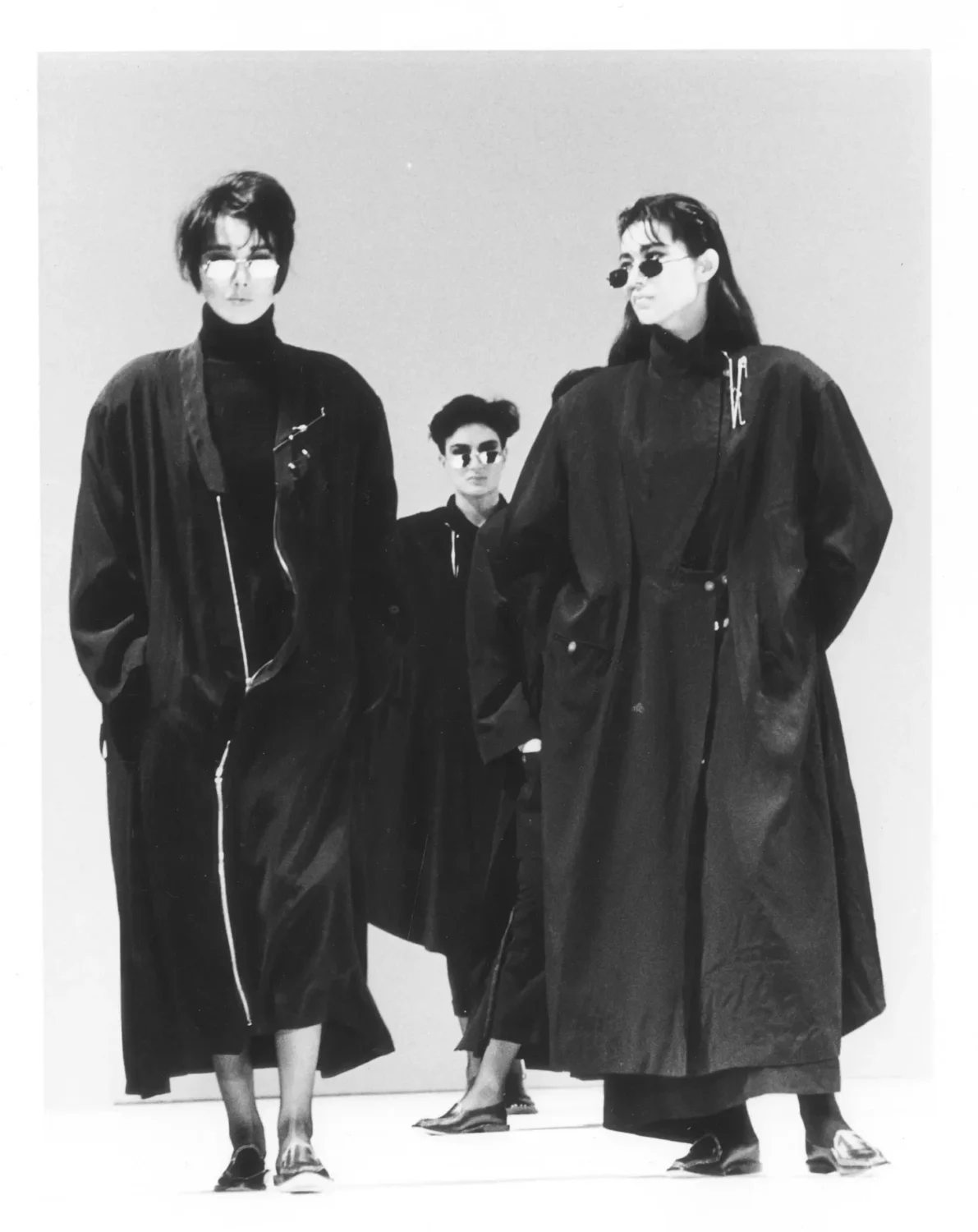
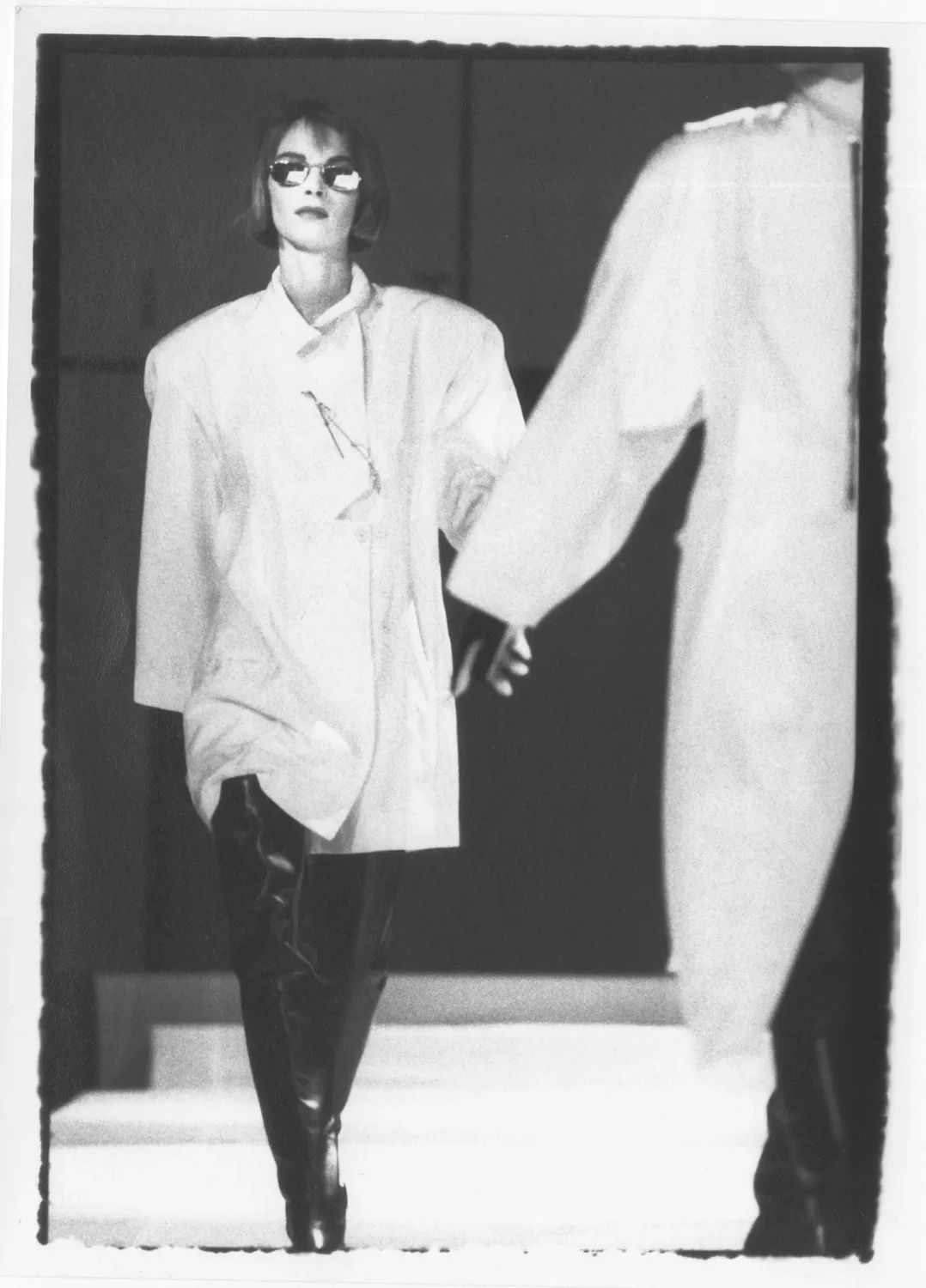
Golden Spindle 1984
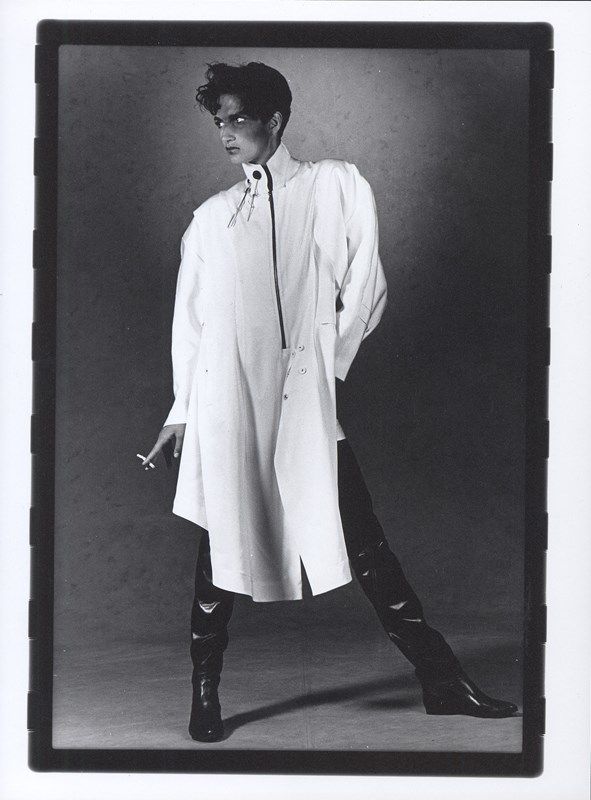
1985. Credits: Bozar
Her method was both literal and philosophical: to take apart in order to rebuild. Shirts, coats, men’s suits — fragments with history — were the raw material of her creativity. It wasn’t a utilitarian gesture but a nearly spiritual practice. For Yee, every stitch was a form of listening. To remake meant to understand the memory of the fabric and allow it a new life.
Each piece seemed to contain a previous story. Yee preferred to preserve the visible traces of the process: exposed seams, asymmetries, cuts revealing the original structure. It was an aesthetic of imperfection, far removed from the homogeneity of prêt-à-porter. “I’ve always been interested in the soul of things,” she said. Instead of pursuing perfection, she valued deliberate misalignment, visible stitching, the honesty of cotton, and neutral palettes reminiscent of uniforms and workwear — colors that don’t shout for the season but endure through time.
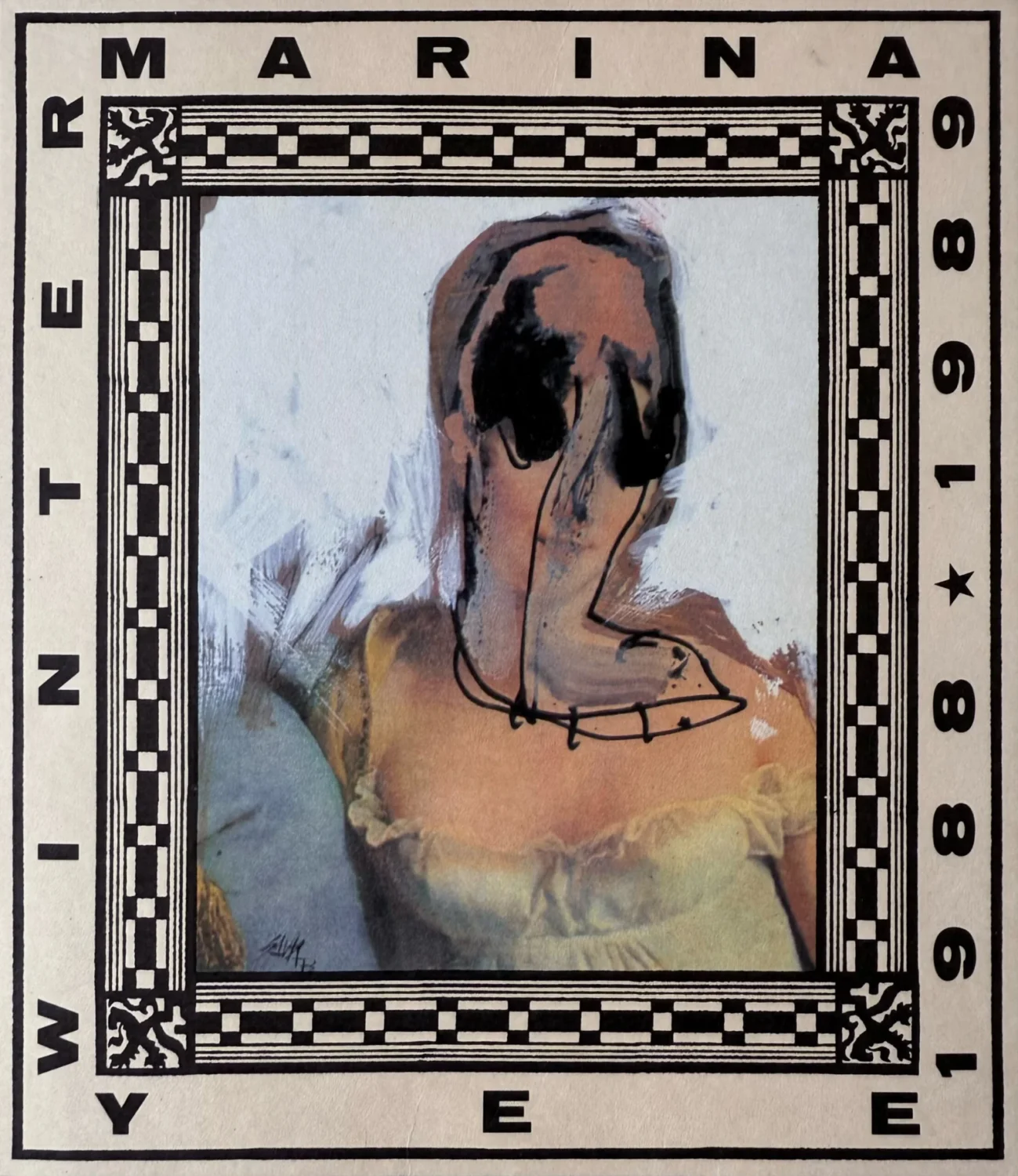
Her discourse was uncomfortable for a system obsessed with novelty. In a decade when fashion was becoming global, Yee practiced slowness. She believed clothes should hold memory — and that memory could be felt when worn. She wasn’t interested in seasons, but in continuity. While Belgian fashion became synonymous with avant-garde commercialism, she chose the opposite: intimacy, teaching, silence. She taught at the Royal Academy of Antwerp for years, influencing generations who remember her for her radical honesty and her way of teaching through emotion.
In her studio, which she called M.Y. Studio, the process resembled that of an artisanal laboratory. There, she combined found garments with new elements, respecting the marks of time. Each design possessed the stillness of something made without haste. The result was pieces that not only dressed but told stories: jackets made of scraps, shirts preserving hems from other eras, coats whose structure bore the wear of time. In their apparent simplicity lay a deep reflection on the cycle of fashion, decay, and the value of what remains.
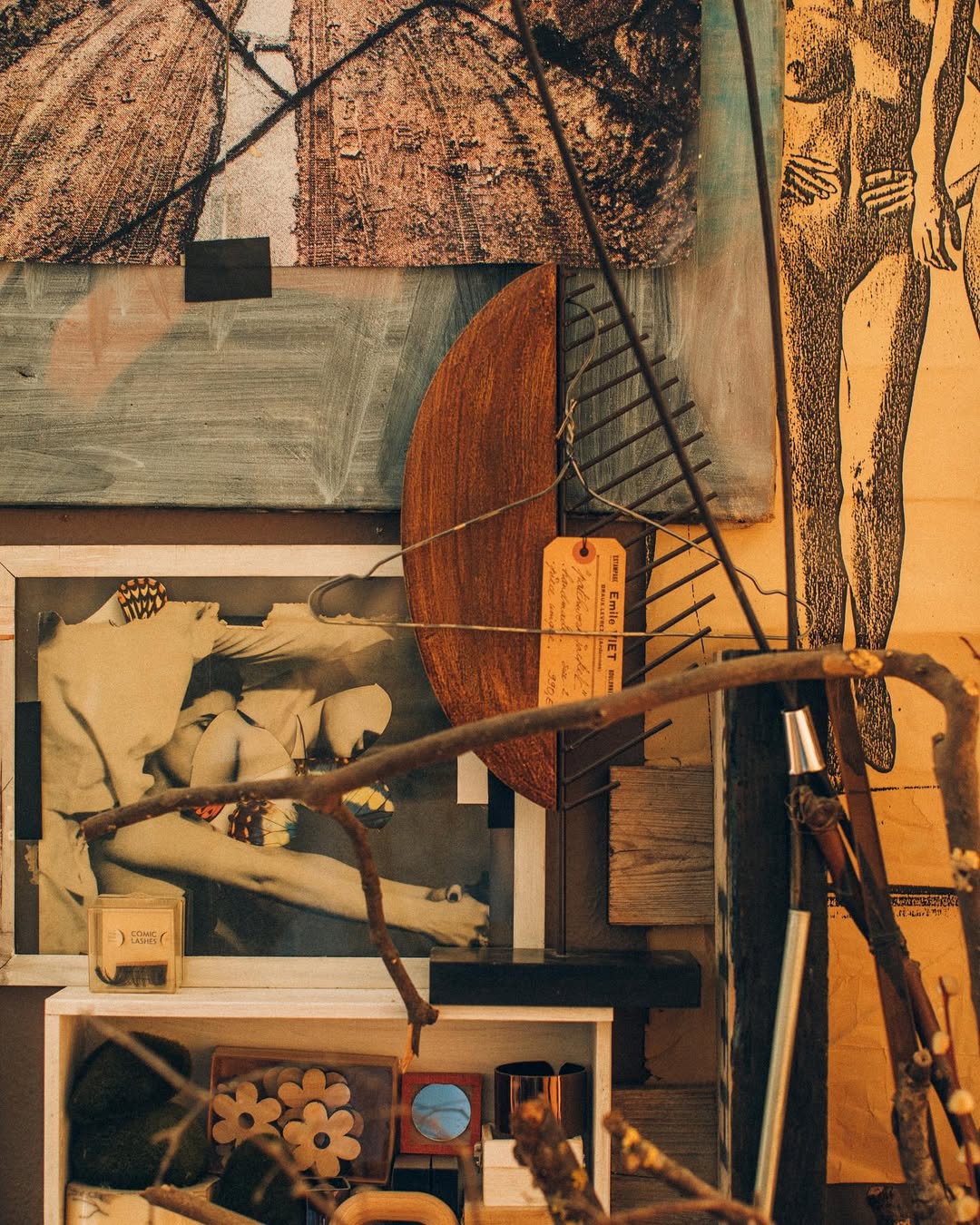
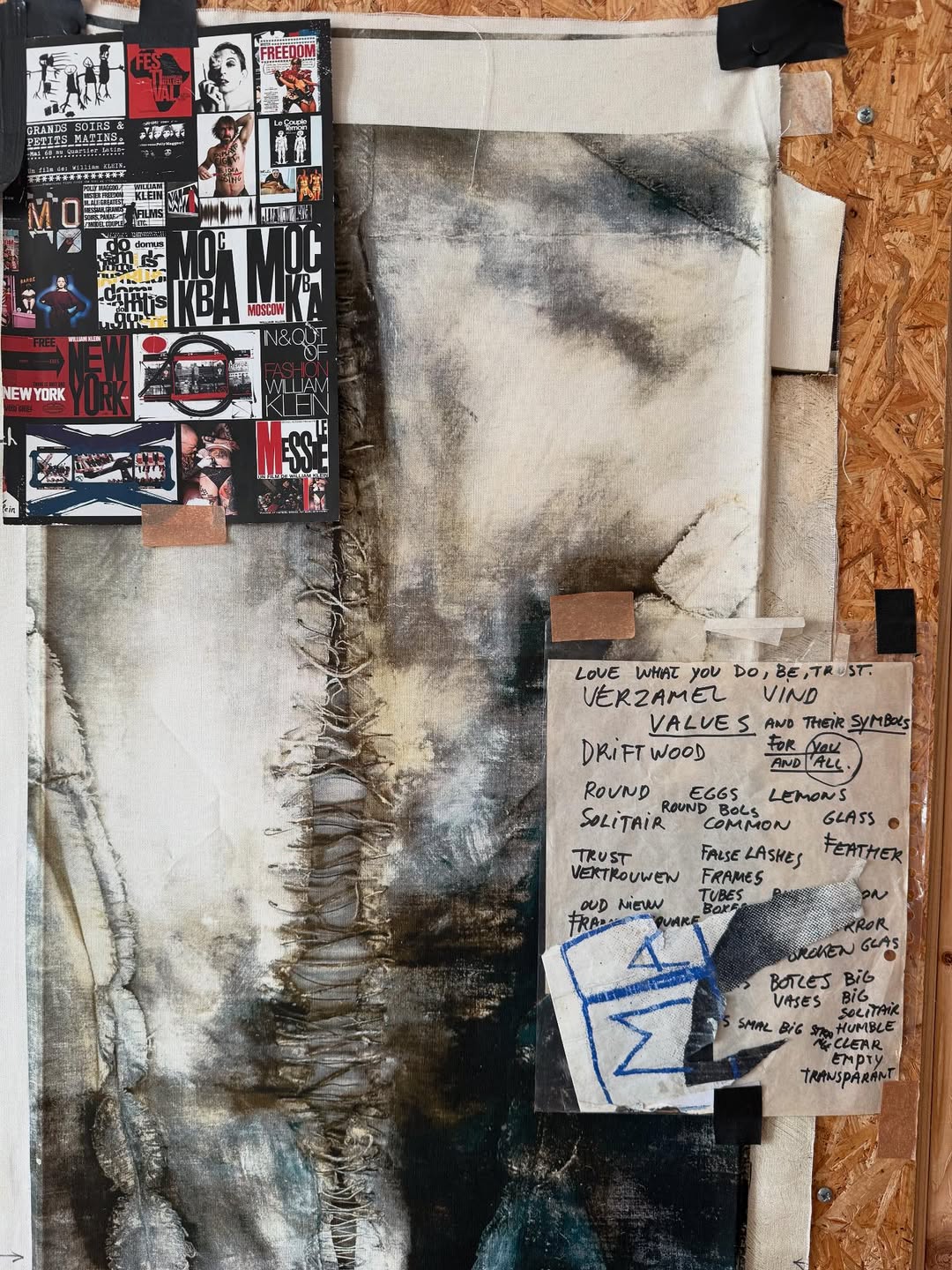
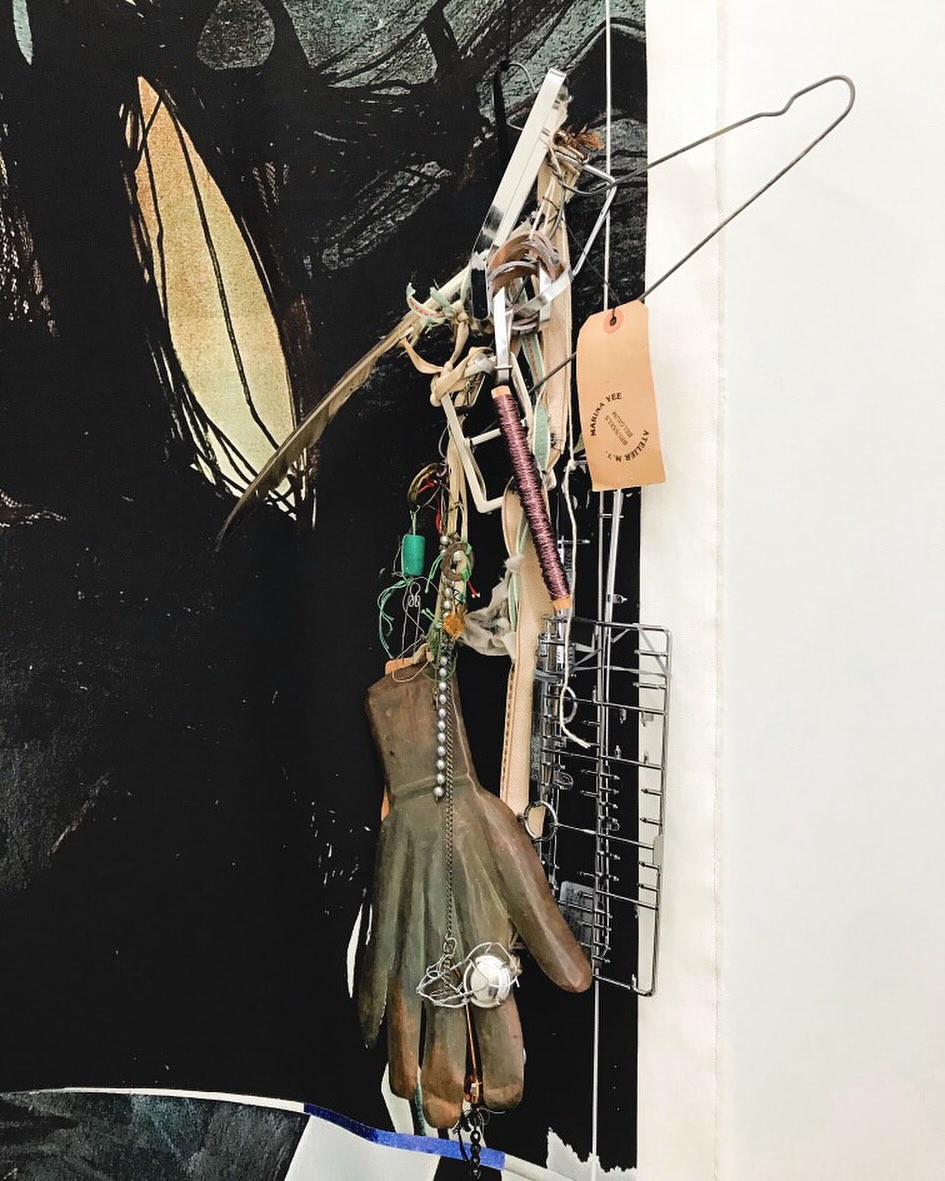
M.Y. Studio. Credits: Marina Yee
When she presented M.Y. Project in 2018, it was not a comeback but a reaffirmation. It was a microcollection — two shirts and three coats made from second-hand men’s garments — that reaffirmed her ethics of restraint and reconciliation. The project’s images showed natural light on the work tables, the folds of fabric, the visible seams: no commercial campaigns or runways. The communication was sober, intimate, almost monastic. M.Y. Project did not speak from marketing, but from authenticity.

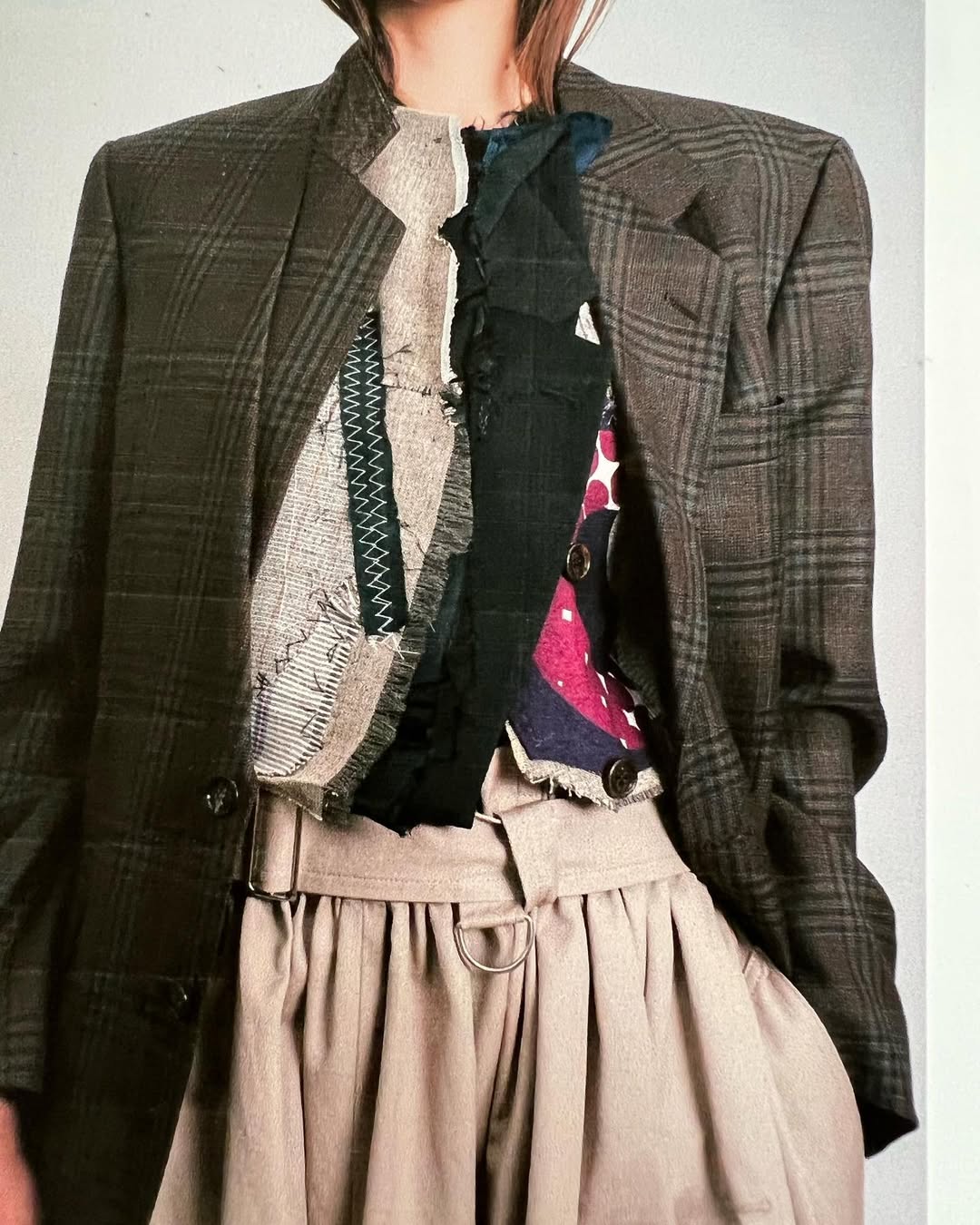
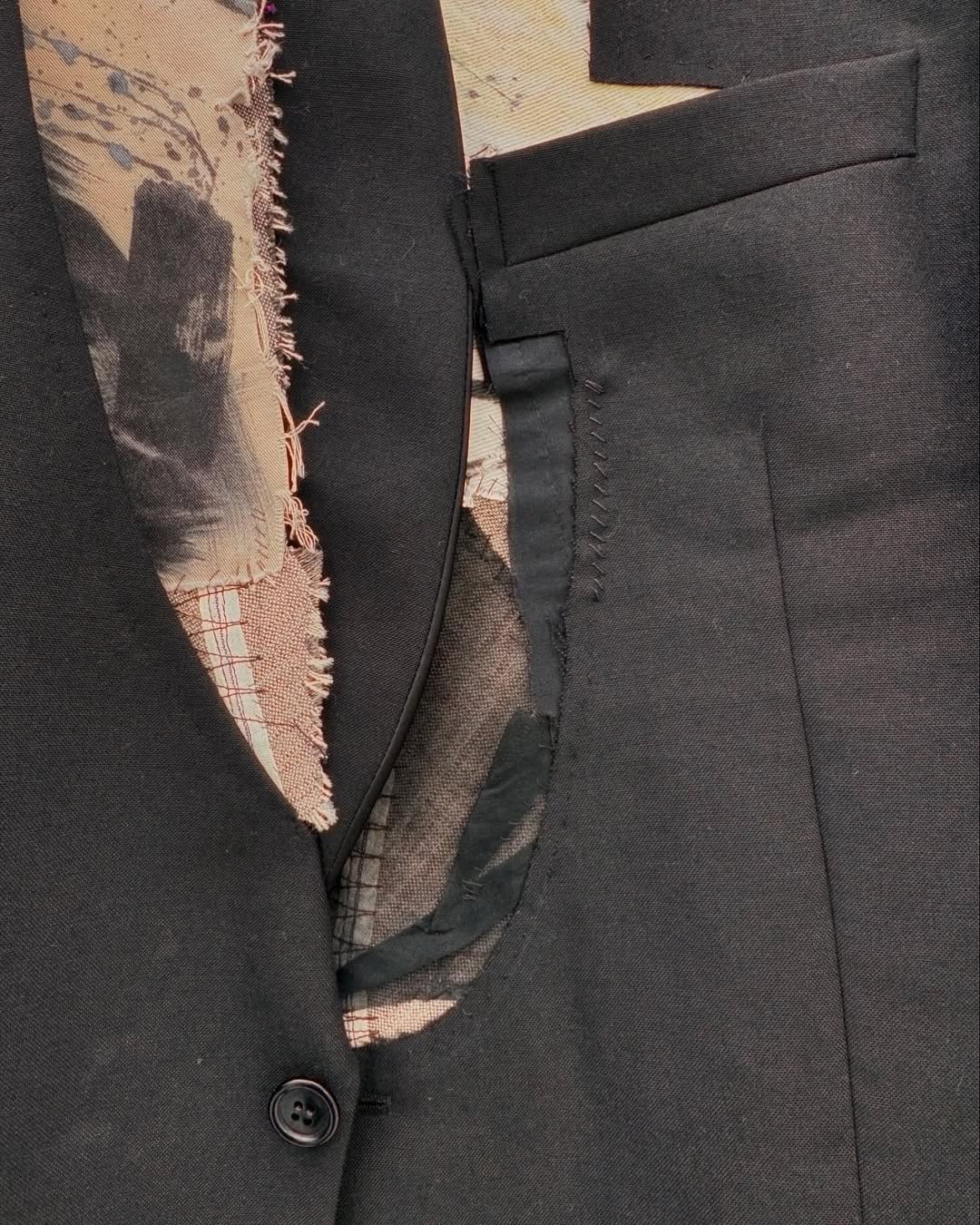
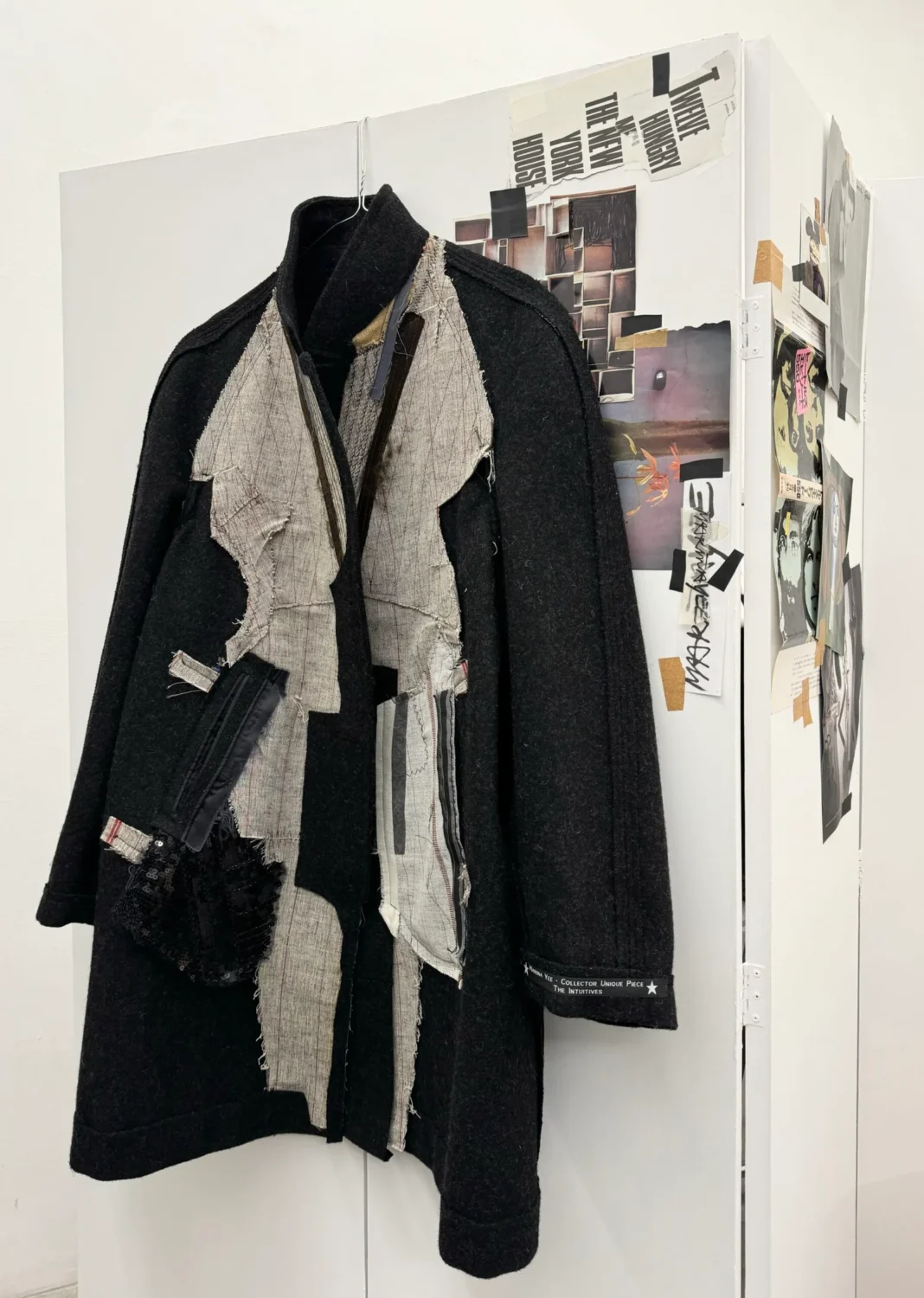
M.Y. Project. Credits: Marina Yee
Her work anticipated many of the conversations that now define contemporary design. In an era dominated by mass production and digital immediacy, Yee proposed a quiet alternative built on ethics and craft. Her insistence on the value of the used, the beauty of the imperfect, and the importance of creating only when necessary position her as a pioneer of slow fashion. But for her, it was never a trend — it was a way of life.
Beyond aesthetics, her legacy holds a deeply philosophical dimension. In her universe, remaking was also a form of storytelling. Each reconstructed garment invited a new reading of what already exists: how the old can contain the new, how the worn can regain value, how what once was can still be. This logic of reconciliation runs through her entire body of work: reconciling the designer with matter, the body with history, the consumer with the object.
Her passing, announced in November 1, 2025, now casts her work in a new light — not as a relic of an alternative past, but as a possible roadmap for the future of fashion: a craft that repairs, preserves, and dignifies. Yee did not leave an empire, but a method and a question: What do we do with what already exists? Her answer, written in seams and patches, invites us to look closely at the fabric and understand that to remake is not to start over, but to recognize.
In an industry that confuses silence with absence, Marina Yee’s silence was a form of presence. Her work reminds us that design, when born of respect and listening, can also be an act of reconciliation.
In 2026, MoMu – Fashion Museum Antwerp will present a major exhibition dedicated to the Antwerp Six, the group that transformed Belgian fashion and redefined a new sensibility across Europe. Curated by Geert Bruloot, together with Kaat Debo and Romy Cockx, the show will trace their journey from their groundbreaking debut in London in 1986 to their enduring influence on contemporary design. Within that collective narrative, Marina Yee will hold a singular place: the one who chose silence as a form of resistance. Her absence from the system was, in truth, a statement of integrity — a quiet rebellion that now resonates more than ever. More than a retrospective, the exhibition will offer an opportunity to understand how, even through discretion, her ethic of reworking continues to speak to the present.
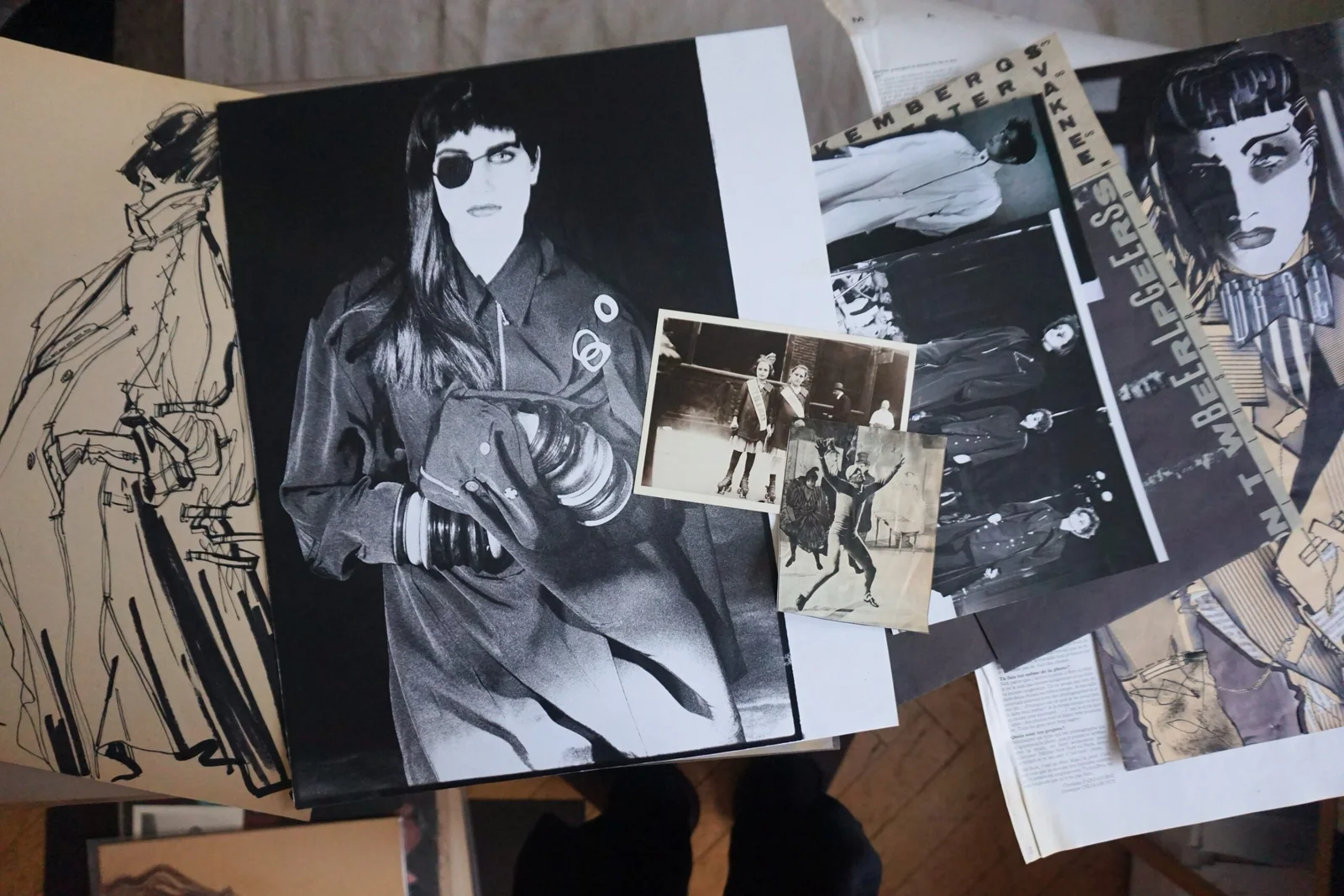
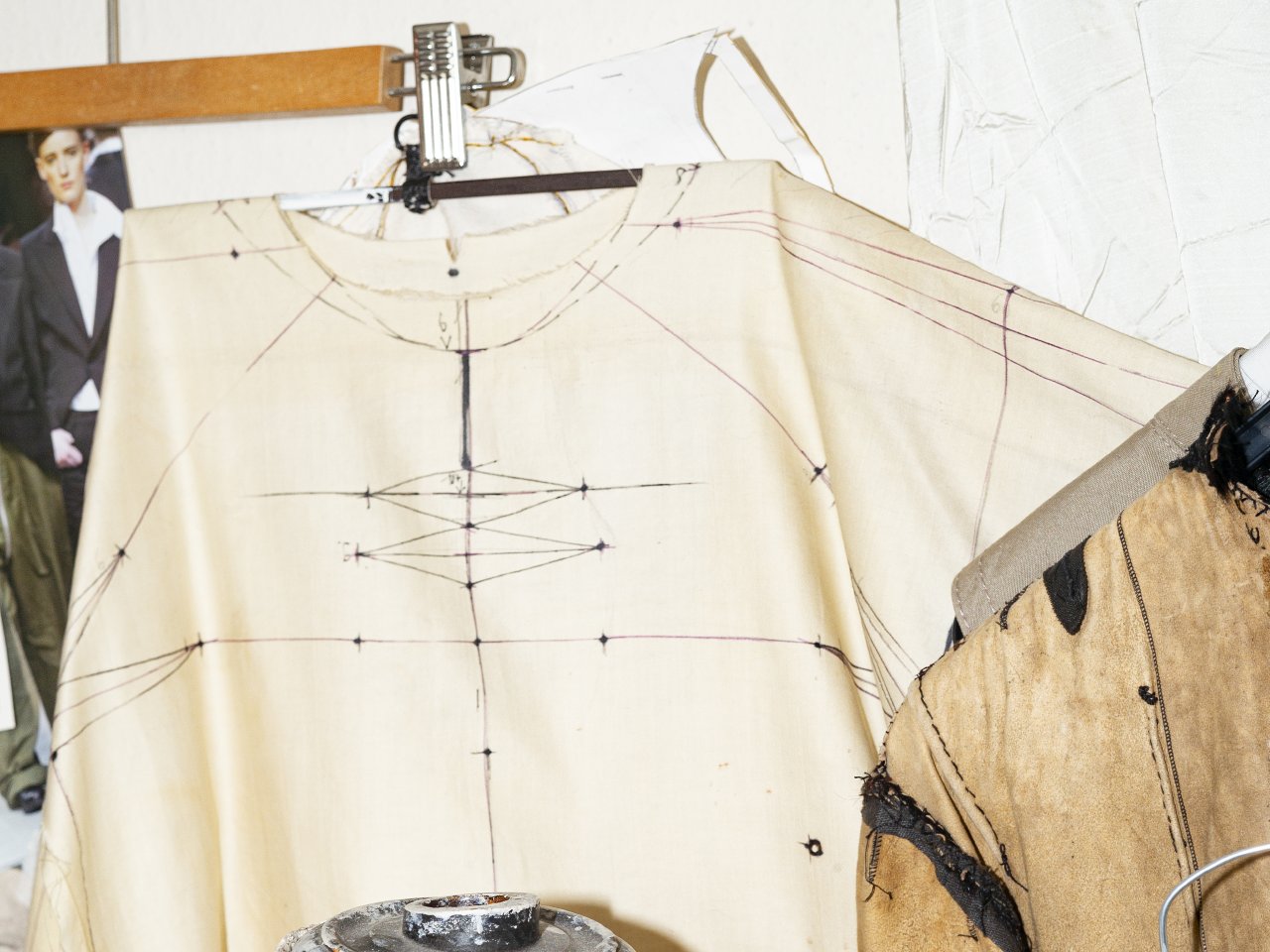
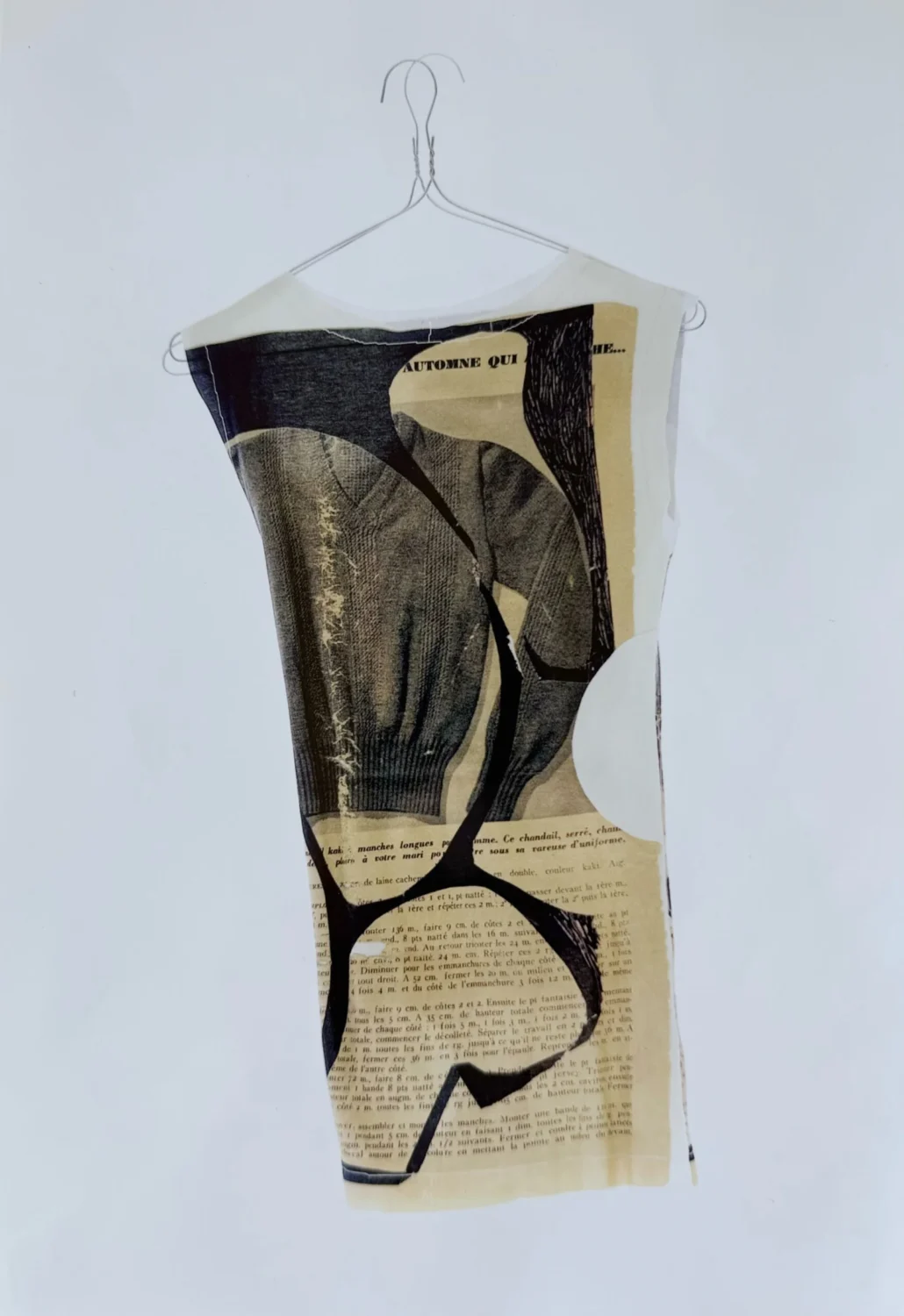
M.Y. Studio. Credits: Marina Yee
–
Follow us on TikTok @veinmagazine


